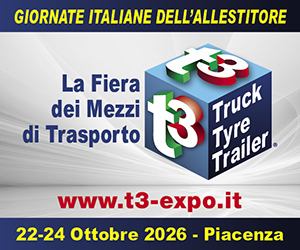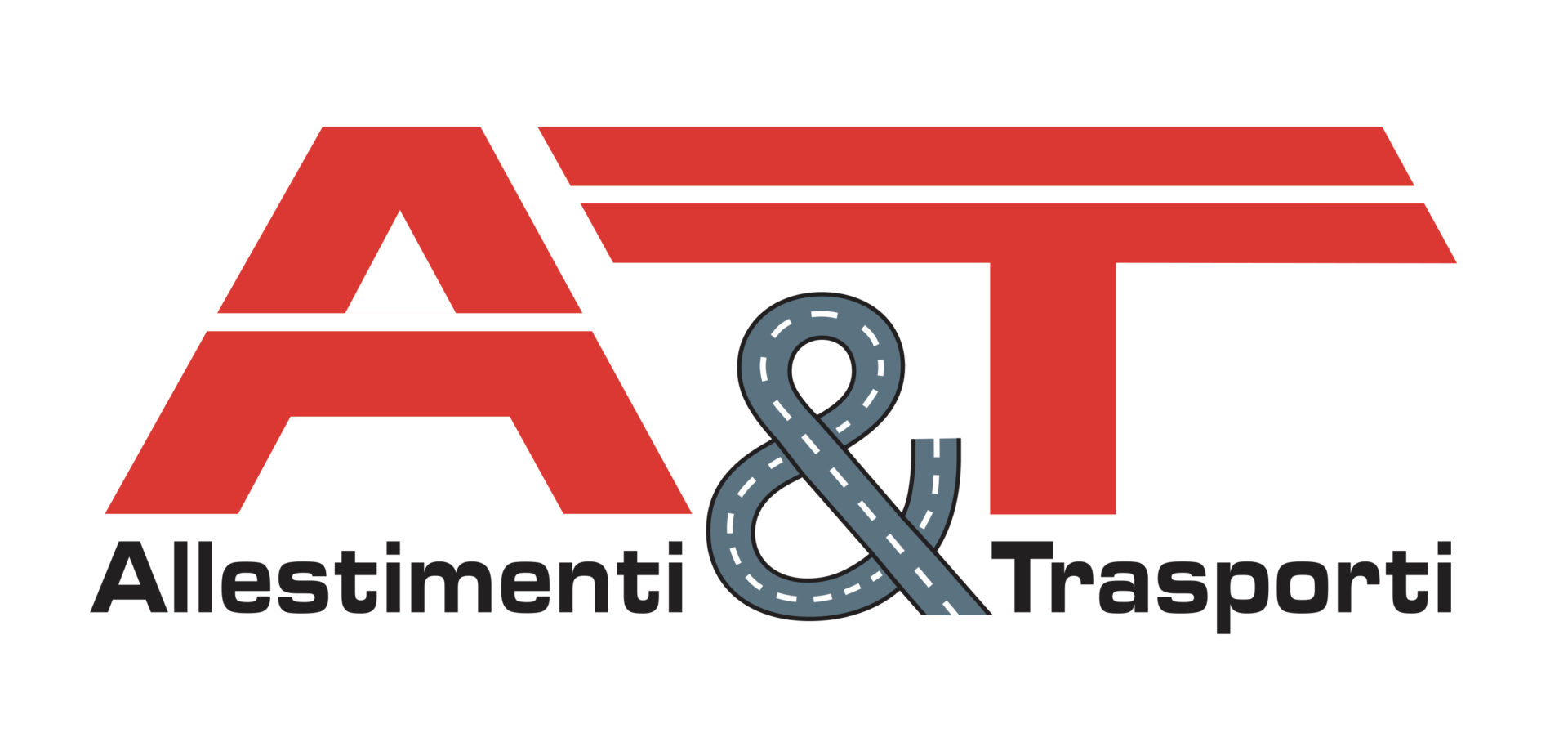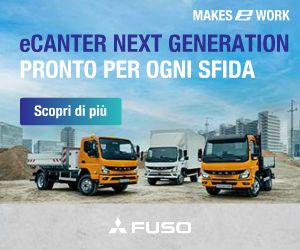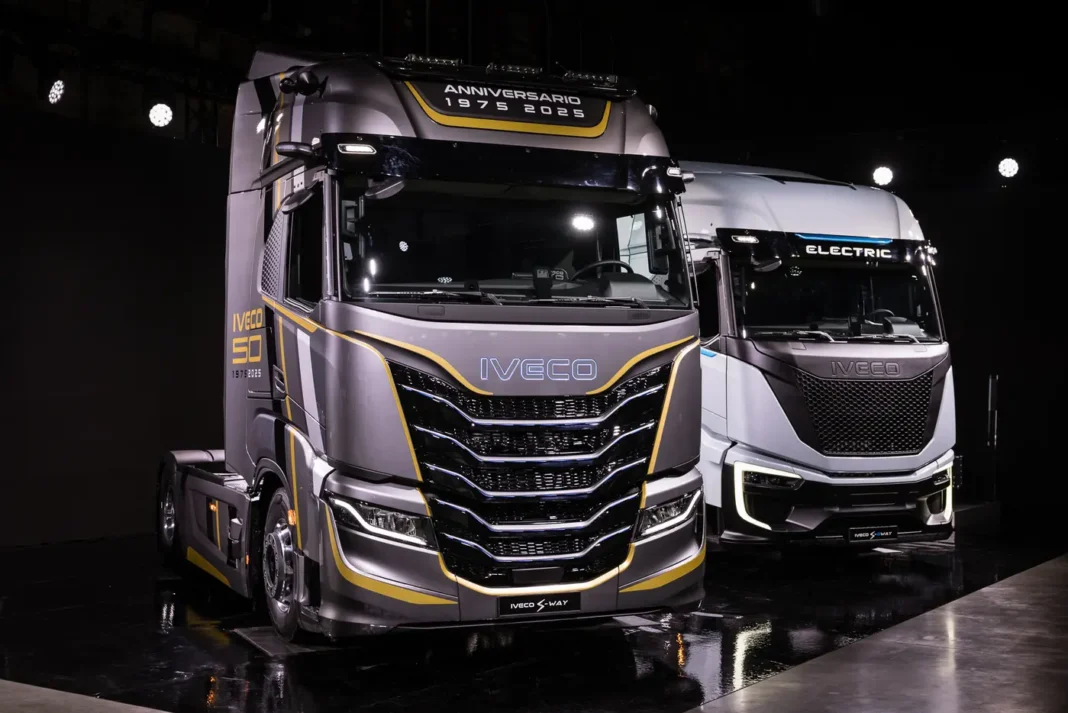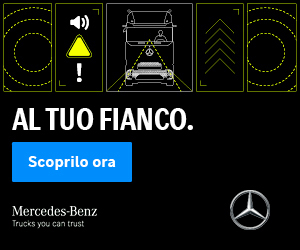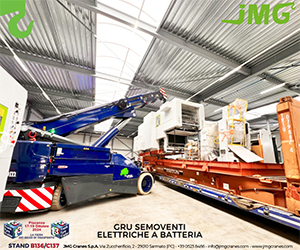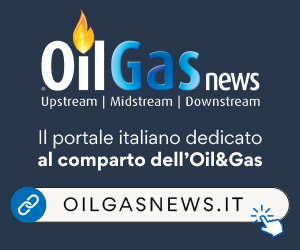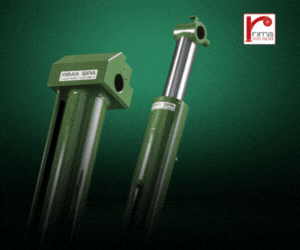After the rumours of recent times, the official confirmation arrived at the end of July. Iveco Group and Tata Motors have reached an agreement to create a leading player in the commercial vehicle sector with global reach, product portfolio and industrial capabilities.
The news marks the end of a journey that began in 2021 with China’s state-owned FAW (First Automotive Works) failed acquisition of Iveco for purely political reasons, the rapprochement with Hyundai Motor Company with the Memorandum of Understanding (MoU) signed in March 2022 to explore joint business opportunities, and Iveco Group’s divestment of the firefighting division.
That was announced in March 2024 and culminated in the effective sale of Magirus to the German holding company Mutares earlier this year. The €3.8 billion acquisition of Iveco Group will take place through a voluntary public acquisition offer (Opa) by Tata Motors. The Tata Motors takeover bid, which is expected to be finalised in the first half of 2026, is conditional on obtaining the necessary legal approvals – in the areas of mergers, foreign direct investment, the EU Foreign Subsidies Regulation and financial regulation – and the separation of the Defence Business, which includes the industrial entities of Iveco Defence Vehicles (IDV) and Astra.
And it was precisely on 30 July that the signing of the definitive agreement was announced for the sale of this business sector by Iveco Group to Leonardo, Europe’s leading company in the defence and security sector, for a total amount of €1.7 billion. Leonardo, in turn, last year established a 50/50 joint venture with Germany’s Rheinmetall – under the name Leonardo Rheinmetall Military Vehicles (LRMV) – with the aim of forming a new European core for the development and production of military vehicles.
The divestiture of the Defence Business, which effectively cleared the way for the Tata Motors takeover bid, will create a national player in the land defence sector at a , with the size and skills necessary to compete successfully on a global scale.



To read the article in Italian, visit the link: Iveco Group, luce verde per l’acquisizione da parte di Tata Motors
Good news and some questions
The Tata Motors takeover, if successfully completed, would bring together the resources of companies with highly complementary product portfolios and capabilities, with essentially no overlap in industrial structure or geographic presence, creating a stronger, more diversified entity with a significant global presence and sales of more than 540,000 units per year.
Together, Iveco and the commercial vehicle business of Tata Motors will have combined revenues of about €22 billion, split between Europe (about 50% of the total), India (about 35%) and the Americas (about 15%) with attractive positions in emerging markets in Asia and Africa.
According to the joint statement by Iveco Group and Tata Motors, “the combination of the two companies will be better positioned to invest in and provide innovative and sustainable mobility solutions, leveraging the two supplier networks to serve customers globally. It will also unlock superior growth opportunities and create significant value for all stakeholders in a dynamic market. By preserving the industrial footprint and employee communities of each group, the expectation is that this complementarity will facilitate a smooth and successful integration process. Finally, in the context of the rapid and ongoing transformation of the transportation industry, the strategic combination of the commercial vehicle business of Tata Motors and Iveco Group will transform both entities, creating a robust platform with a global customer base and diversified geographic footprint.”
The positive aspects of the agreement include a commitment from Tata Motors to support Iveco Group’s business strategy, to support Iveco in implementing and accelerating these plans, and to work together to ensure business growth. In the segment of transport vehicles, the Italian company has so far pursued a multi-energy approach based on offering vehicles with traditional diesel engines, natural gas engines (compressed or liquefied) and battery electric (BEV) and hydrogen fuel-cell (FCEV) trucks.
This product development plan has been accompanied by a strategy of growth through partnerships. Examples of this are those with Hyundai in the field of fuel cells for commercial vehicles and buses, with Ford Trucks – the economic commitment is €343 million – for the joint development of a new generation of cabs compliant with EU regulations for direct driver vision that will reach the market in 2028, and with Plus for autonomous driving vehicles.
Under the terms of the Iveco-Tata agreement, Iveco’s Board of Directors will continue to drive decisions for long-term growth and maintain the competitiveness of the business. This is a pragmatic approach, in many ways similar to the one successfully adopted by the American Paccar Group in 1996, when it acquired the Dutch truck manufacturer DAF. Tata Motors is also committed to the long-term development of the combined group and to no significant restructuring or closure of plants or production sites owned or used by Iveco Group.
Finally, the Indian company guarantees the permanence of Iveco’s headquarters in Turin and the respect and maintenance of Iveco Group’s corporate identity, integrity, core values and culture, as well as its main brands and logos.
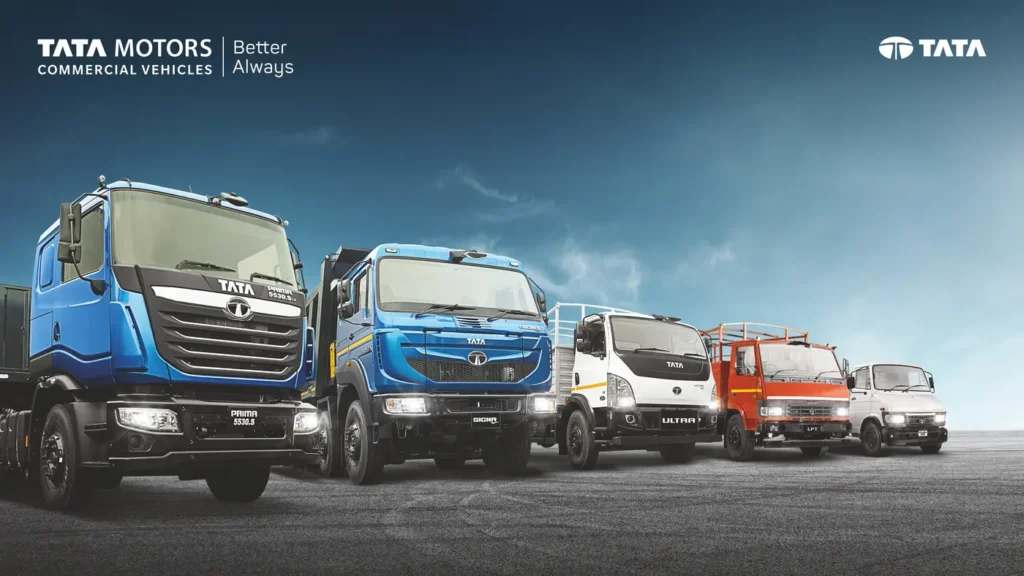
Per leggere l’articolo in italiano vedi anche: Iveco Group, luce verde per l’acquisizione da parte di Tata Motors
Timing, investment and market positioning
The news of the acquisition of Iveco Group by Tata Motors comes at a particularly sensitive time for the commercial vehicle market in Europe. There are several reasons for uncertainty.
On the one hand, signs of weakness emerging from the registration figures for the first half of this year, with a drop of 15.4% at EU level for trucks over 3.5 tonnes and 13.2% for light commercial vehicles.
On the other hand, the unknowns linked to global economic growth and the European regulatory framework for reducing CO2 emissions from transport vehicles. These require vehicle manufacturers to make a 15% reduction this year compared to the 2019-2020 reference period (to reach -45% by the end of the decade), unless the European Commission adjusts the targets following consultations with vehicle manufacturers.
In addition to all this, major alliances are being promoted by the main players in the automotive sector to ride the current energy and technology transition. Among the most relevant initiatives are Milence, a joint venture established in 2022 between Daimler Truck, the Traton Group and the Volvo Group for the creation of a network of battery-electric truck (BEV) charging stations in Europe, Cellcentric (Daimler Truck and Volvo, 2021) for the joint development of fuel cells and, more recently, Coretura (Daimler Truck and Volvo Group, 2025). The latter for the development of a software-defined vehicle platform.
In this rapidly evolving and particularly challenging context for all OEMs, the shortening of the timeframe for the completion of the public offer by Tata Motors plays a crucial role in ensuring the new industrial reality is fully operational. On the contrary, an excessively long timeframe could hinder Iveco’s performance in the immediate term and slow down to some extent the implementation of strategies towards long-term objectives.

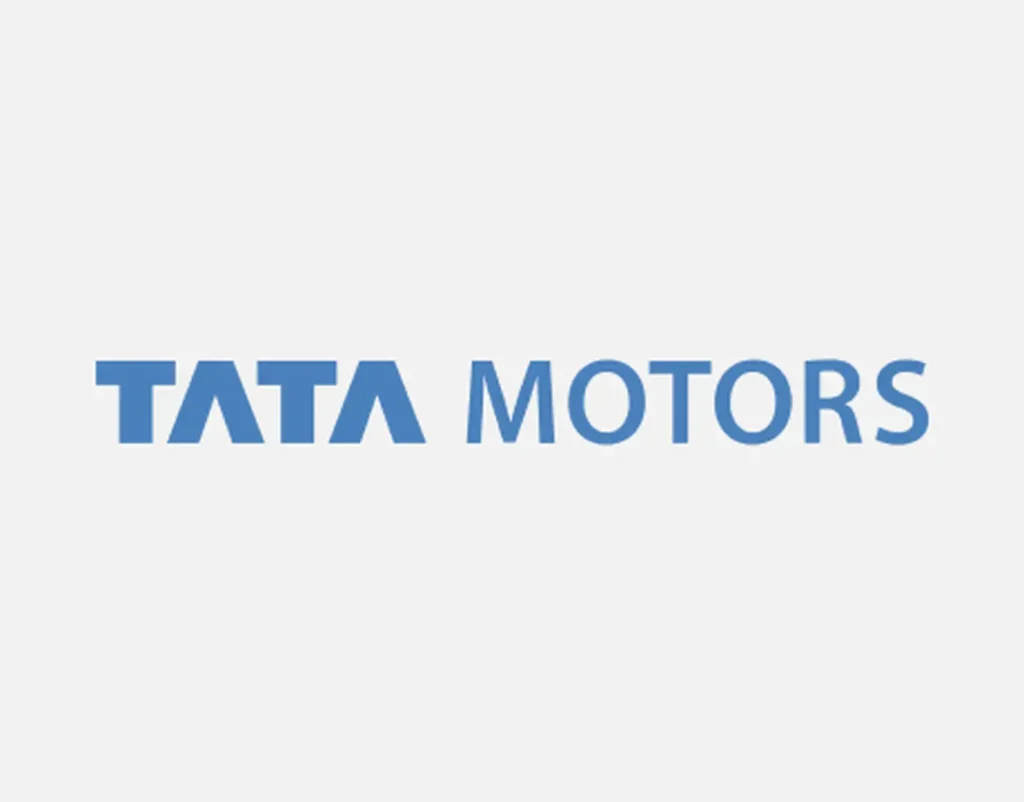
Iveco as premium brand
In the context of the new company, following the completion of the acquisition by the Indian group, several hypotheses can be formulated regarding Iveco’s positioning. Which will probably have the role of Premium brand for over-regulated and mature markets, alongside Tata’s more traditional product offering, aimed at countries with transport operators particularly sensitive to the purchase cost of vehicles, such as India.
The role of a premium brand in a highly competitive EU market would, however, require substantial investment on the part of Tata Motors. Both to maintain the market benchmark position acquired by the Daily and Eurocargo ranges, and to expand Iveco’s presence in the heavy segment, where its share of the EU market remains below 10%. This, in turn, means widening Iveco’s major markets, beyond the traditional ones of Italy (32-33% above 3.5 tonnes), Spain (19%) and France (around 10%) and, upstream, increasing the production capacity of the Spanish plants (currently 26-27 thousand vehicles in two shifts).
It will also be necessary to decide whether to keep the production of conventional trucks (in Madrid) and electric trucks (currently in Ulm, Germany, with an installed capacity of 2 thousand trucks on two shifts) separate or to integrate them into a single assembly line, a solution adopted by other truck manufacturers.
In the truck sector, the non-overlapping nature of the two product ranges – for Iveco, Daily, Eurocargo, S-Way, X-Way and T-Way, for Tata, Ace, Intra, Yodha, Prima, Signa, Ultra, LPT – will facilitate the natural positioning of the two brands in different geographical contexts, with possible synergies in areas such as South America, Africa and Asia. Looking ahead, Iveco could also take advantage of the evolution of those non-EU markets in which transport companies are gradually moving from basic, low-cost trucks to medium-priced vehicles and, subsequently, to those in the premium segment, capable of ensuring comfort, low fuel consumption, a high utilisation rate and low operating costs (TCO).
This is a phenomenon that, for example, has been taking place in China for some years. In the Asian country, the segment of European-style premium vehicles, which in the past accounted for about 1% of the total heavy-duty market (around 800-900 thousand units per year) has shown conspicuous growth and, according to some observers, could even reach 15-20% by the end of the decade.
Allestimenti & Trasporti invites you to the second edition of T3 EXPO – THE TRANSPORT, VEHICLES AND TYRES SHOW, in Piacenza from 22 to 24 October 2026.





